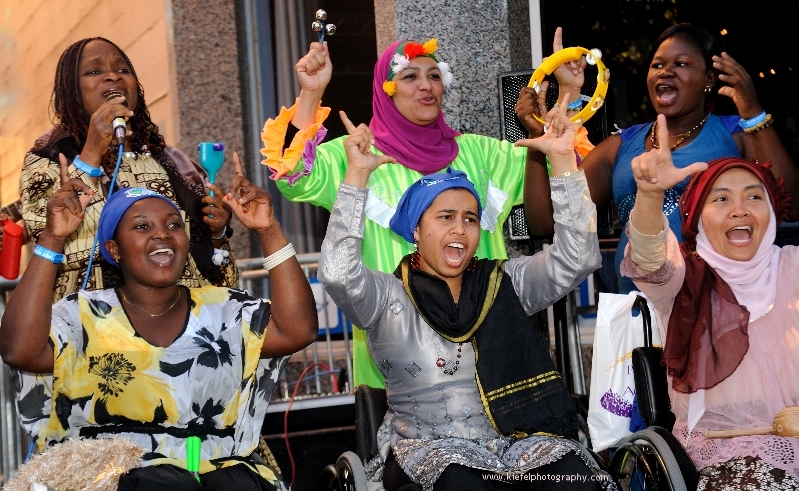
That is what MIUSA does to advance disability rights and leadership globally.® As a new year begins, we celebrate all of the international disability activists and allies who are working to create a more just world.
Mobility International USA, empowering people with disabilities around the world to achieve their human rights through international exchange and international development.
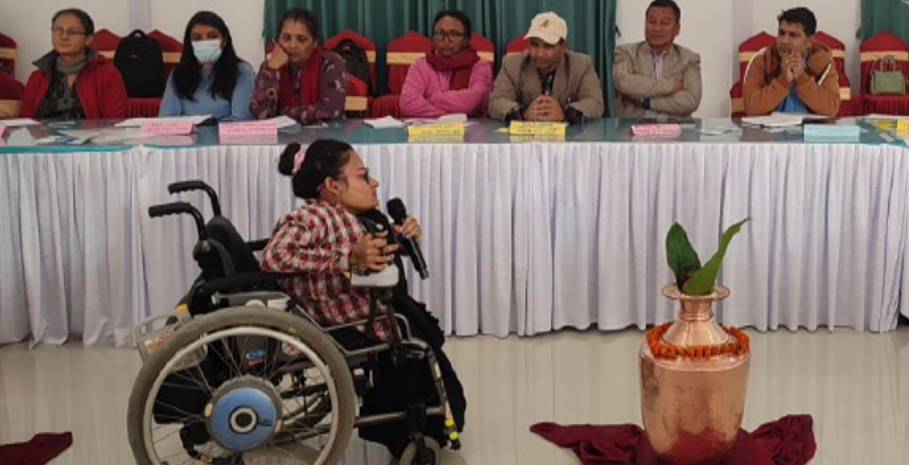
Working with our local Nepali partner, MIUSA conducted a 12-month project to strengthen the capacity of persons with disabilities to access and participate in political processes.
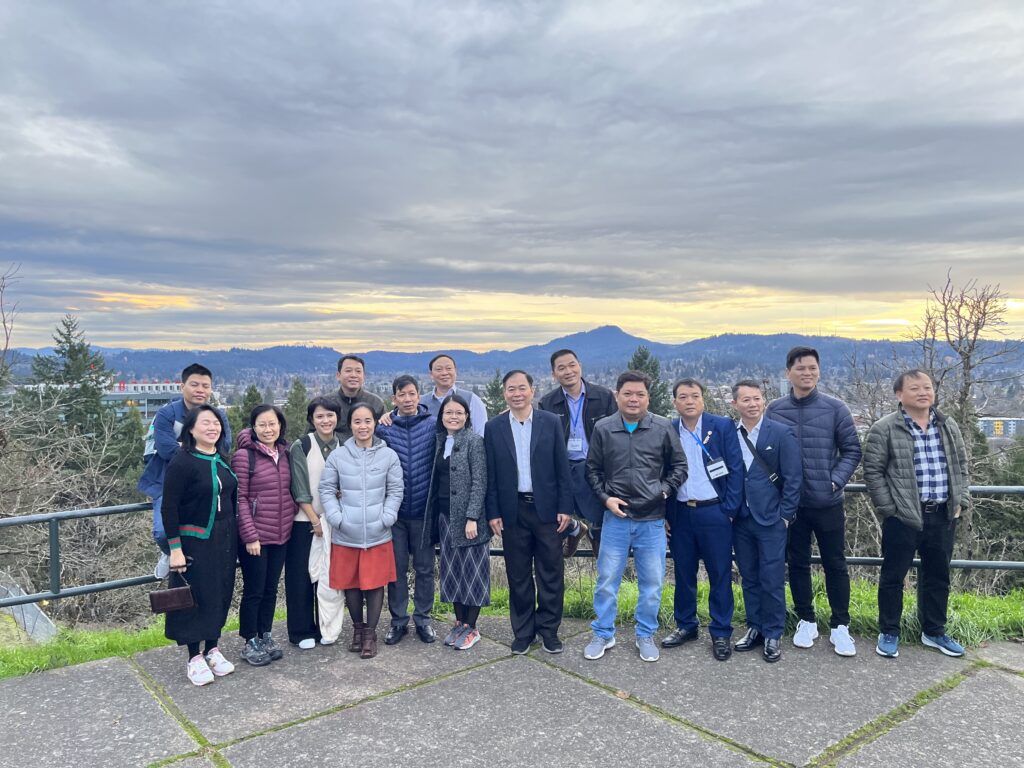
While in Eugene, 15 Vietnamese delegates, representing government agencies and non-governmental organization, gained first-hand experiences of disability-inclusive communities.
MIUSA CEO Susan Sygall wants YOU to go abroad! Learn about some life-changing study abroad options, scholarships, and her personal tips for traveling while using a manual wheelchair.
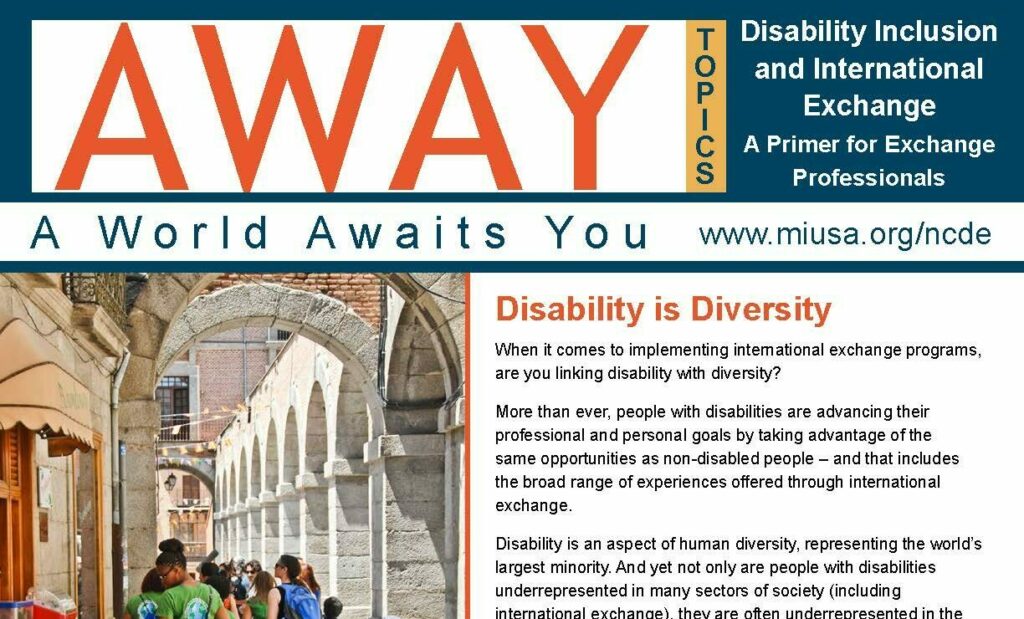
Looking for best practices on recruiting or advising participants with disabilities in international exchange programming? This edition of AWAY Topics is for you!

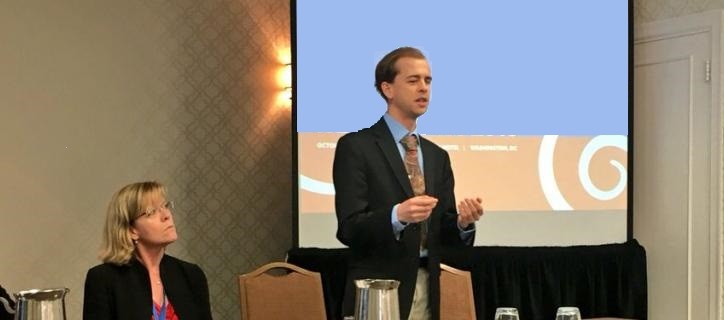

Manage Your Privacy